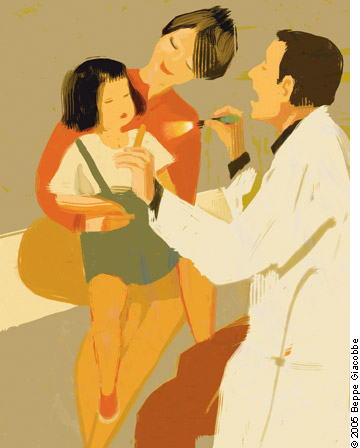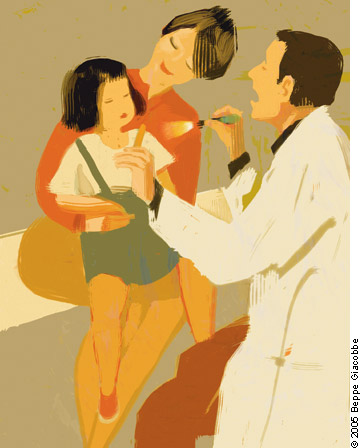A Family Medicine Resident’s Perspective: From an interview with a family medicine resident at the Oregon Health Science University Hospital in Portland, Oregon.
Part of an interview series entitled, “Specialty Spotlights“, which asks medical students’ most burning questions to physicians of every specialty. See what doctors from every specialty had to say about why they chose their specialty and how to match in their residency.
- How competitive is the Family Medicine match?
Family medicine is not very competitive. I was offered interviews at every school I applied. I ended up turning down many of the interviews I received. I interviewed at 11 residencies and got my first choice.
- What must a student do to match well in Family Medicine?
The usual stuff, good board scores, good clerkship grades, some research. Interviewing well may be even more important in FP because the specialty is so focused on personal relationships. Networking can be helpful as well, so you should try to get to know people early.
- What are residencies looking for in a Family Medicine applicant?
- What should students look for in a Family Medicine residency?
A program that is interested in allowing you to be sane and healthy.
- Do you have any advice on the application, letters of recommendation, personal statements, or how to rank programs?
Most people rank according to geography and then dive into specifics. Family medicine residencies are very different from one another, even more so that other specialties. For instance, at one program where I interviewed, the interns do 5 months of surgery their first year! That is kind of weird. Because the field is so broad (peds, surgery, OB/GYN, hospital, outpatient) there is a great diversity in training programs.
- What do you wish you knew before application/interview season?
The Northwest is probably the best place to do family medicine. Lots of space, lots of prestige for family medicine residents and a great place to live.
- What other advice do you have for students applying to Family Medicine residency?
Feel out the resident “culture” as much as possible, it wil have a significant effect on your health.
Editor's Note: Applying for residency or preparing for your interviews? I highly recommend First Aid for the Match
, The Successful Match: 200 Rules to Succeed in the Residency Match
, and The Residency Interview: How To Make the Best Possible Impression
.








 My name is Andrew and I am a first year resident training to be an ophthalmologist. I created ShortWhiteCoats to provide medical students, residents, and the public with all the information I spent so many hours looking for during medical school.
My name is Andrew and I am a first year resident training to be an ophthalmologist. I created ShortWhiteCoats to provide medical students, residents, and the public with all the information I spent so many hours looking for during medical school.







